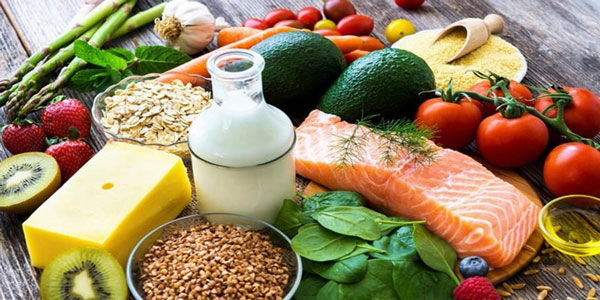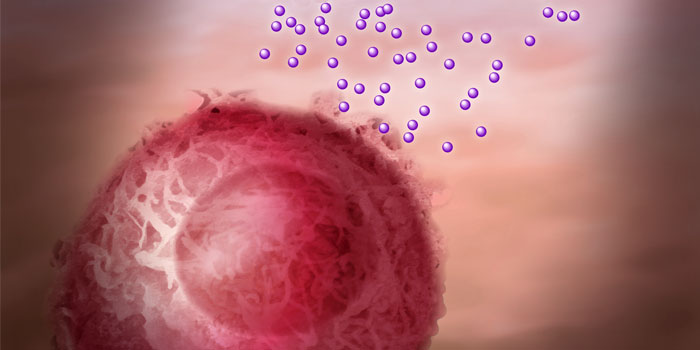Everybody gets acid reflux occasionally, but some get it practically every time they eat, along with symptoms like searing pain, bloating, and belching. The persistent acid reflux illness known as gastroesophageal reflux disease affects around 20% of the population.
Typically, the esophagus is shielded from stomach acid by the esophageal sphincter. This muscular tube relaxes to allow food to enter the stomach and tightens to prevent it from returning up the oesophagus. However, if the sphincter weakens, food can enter the oesophagus more quickly through the aperture.
Eight Heartburn-Relieving Foods:
Complete Grains

Only grains that keep their hulls and germs intact are considered "whole". You may eat whole grains by themselves or grind them into flour. They include more beneficial elements than other grains, including fibre, B vitamins, iron, folate, selenium, potassium, and magnesium.
Popcorn and quinoa are examples of whole grain-based, whole foods, whereas whole-wheat flour is an example of a whole-grain component.
Whole-grain meals have more fibre, which may help neutralize gastric acid. Put these whole grains in your body: Whole-grain products such as brown rice, oats, and bread.
Ginger
One of the finest digestive aides is ginger because of its medicinal and anti-inflammatory characteristics. To put it simply, it has a pH value higher than water's and is hence alkaline. The stomach's reduced acidity makes it easier to digest. Ginger has a long history of usage as a digestive aid. Use ginger in your smoothies and soups, and stir fry.
Fruits and Vegetables

Nearly all fruits and vegetables lower the acidity of the stomach. High-fibre foods include those with a dark green or root vegetable composition. Fibrous foods help you feel full longer, which can help prevent heartburn caused by overeating.
While most produce is safe, a few exceptions might trigger heartburn. Even among those who don't usually have stomach problems, garlic can produce heartburn and nausea. Garlic use may exacerbate symptoms for those who are susceptible.
Eating onions makes your body more acidic, which might cause heartburn. Though raw garlic and onions are more potent, cooking them can still cause heartburn in some people. Grapefruit and oranges are only two examples of highly acidic foods in the citrus family.
Yogurt
Yogurt has several valuable properties. It's a healthy way to get protein while calming an upset stomach. Additionally, yoghurt belongs to the category of probiotic foods since it contains beneficial microorganisms that help keep the good bacteria in the gut healthy.
Probiotic supplements typically include bacteria that will increase the number of beneficial germs already present in your digestive tract. Fruit, smoothies, and baked products benefit from adding yogurt.
Low-Fat Proteins
Symptoms can be alleviated by eating lean proteins. A 3.5-ounce portion of lean protein should include less than 10 grams of total fat and 95 milligrams of cholesterol, as the United States Department of Agriculture recommended.
Baked, broiled, poached, and grilled lean meats are the healthiest to prepare. High-quality meals and fried foods can trigger reflux by lowering the pressure in the lower esophageal sphincter and slowing stomach emptying.
Leguminosae
Beans, peas, and lentils are all examples of legumes, a class of vegetables. They are rich in minerals, including folate, potassium, iron, and magnesium, and they are low in fat and cholesterol. Healthy fats and fibre may be found in legumes as well.
They may be used as a replacement for meat, which is higher in fat and cholesterol, and are a healthy protein source in their own right. Take a stab at these dishes: Lentil soup, couscous with peas and lemon, and three-bean salad.
Seeds And Nuts
Fibre, minerals, and heart-healthy monounsaturated fats may all be found in nuts and seeds. They may also help lower acid reflux by soaking up excess stomach acid. Consume these seeds and nuts: Nuts and seeds such as almonds, peanuts, chia seeds, pomegranate seeds, and flaxseeds
Nutritious Fats
Fat is an essential nutrient, but consuming too much can lead to acid reflux. It's vital for your heart and brain, but many kinds of fat exist. Substituting good fats for harmful ones might be beneficial. In addition, healthy fats improve heart health by lowering blood cholesterol levels.
When To See A Doctor and What They Can Do
Consult a medical professional if you get heartburn twice or more per week, despite making modifications to your diet or eating routine. To determine if recurrent acid reflux has harmed your oesophagus, a gastroenterologist can assess the acidity in your stomach.
Modifying one's way of living and using the medication can be effective in treating gastroesophageal reflux disease. However, if your reflux symptoms persist, you should see a gastroenterologist who can investigate the underlying reason and advise you on the best course of therapy.




